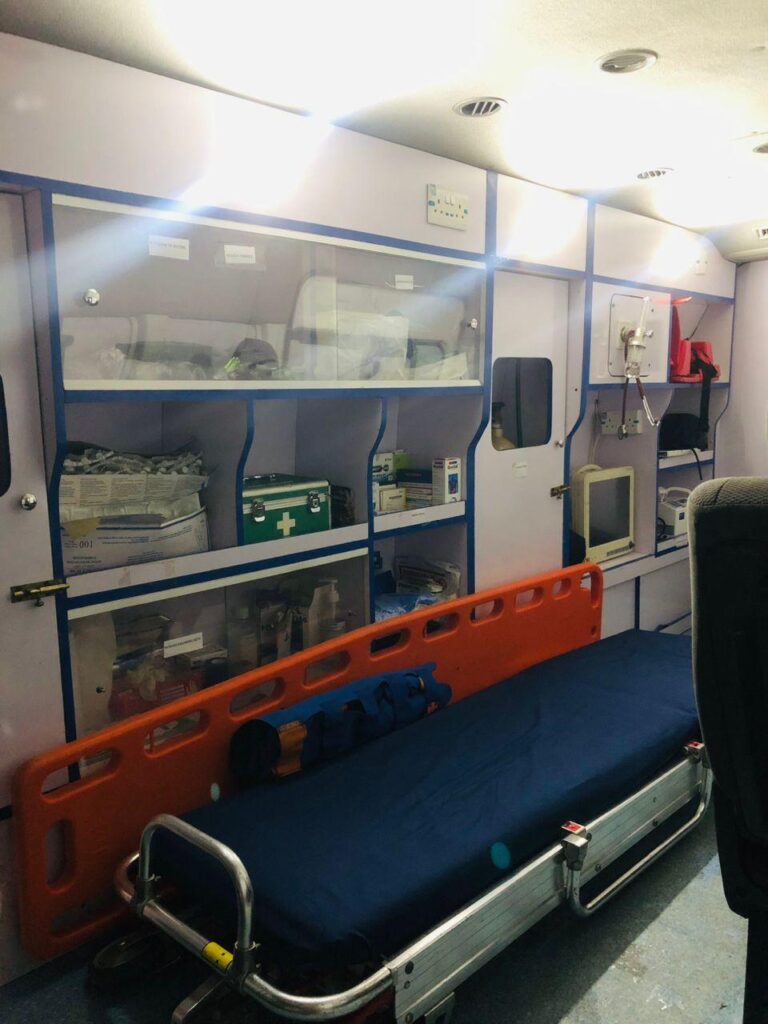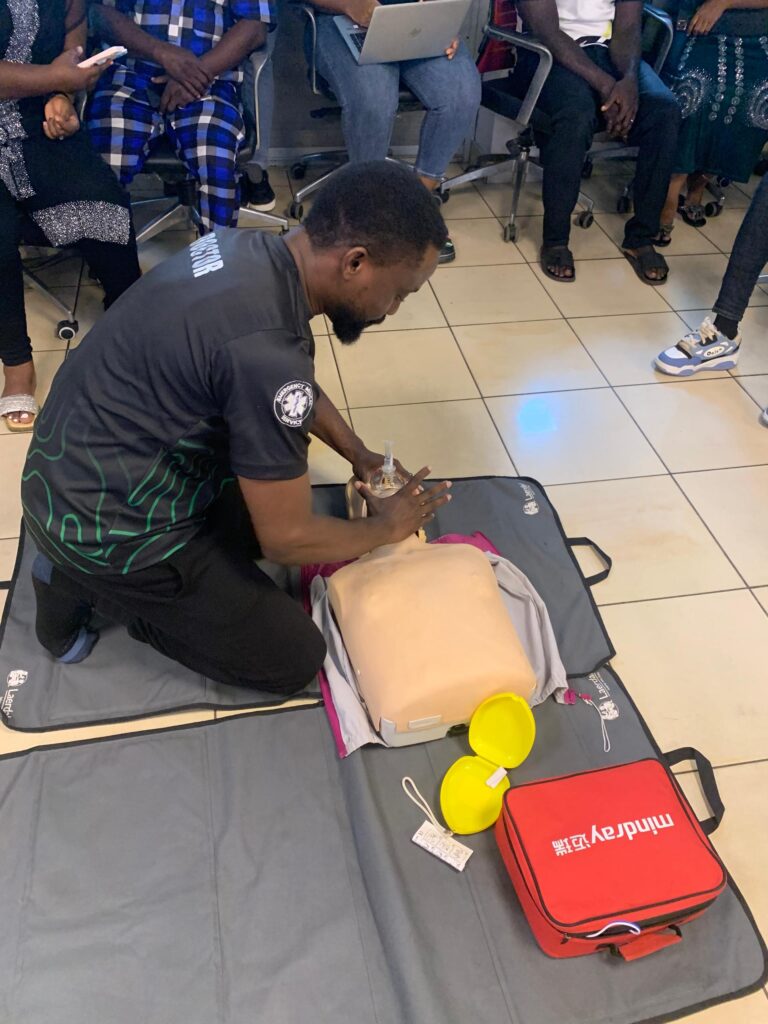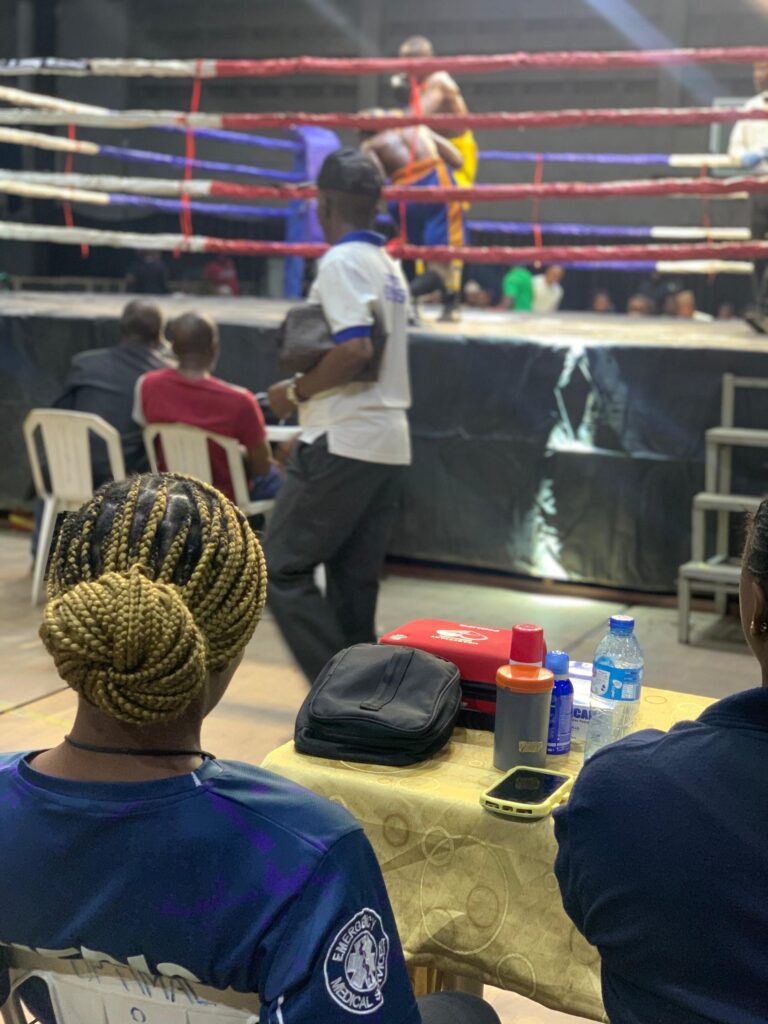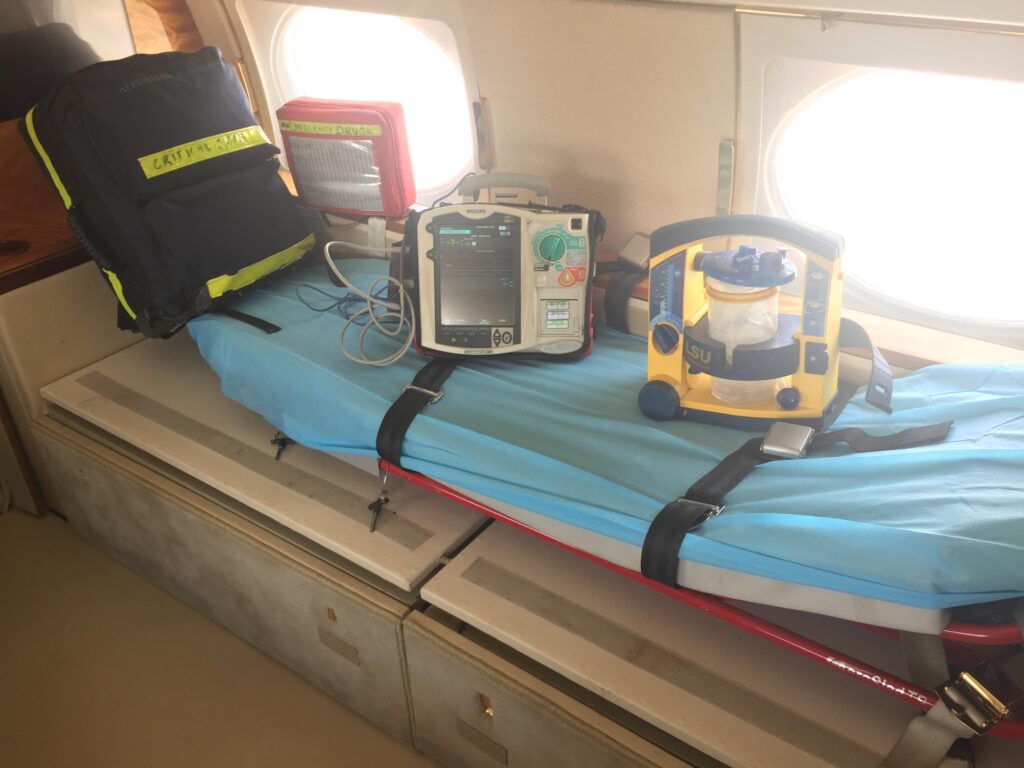The NIMASA Seafarer Medical Test is a crucial examination required for individuals seeking to work in Nigeria’s maritime industry. The Nigerian Maritime Administration and Safety Agency (NIMASA) enforces strict medical standards to ensure seafarers are fit for duty, reducing the risk of health-related emergencies at sea.
In this article, we’ll explore the common health conditions that can disqualify you from passing the NIMASA seafarer medical test, what to expect during the medical examination, and tips to improve your chances of getting certified.
Table of Contents
Who Provides Occupational Health Services in Nigeria?
Directorate of Environmental/Occupational Health and Safety (DE-OHS)
The DE-OHS is responsible for implementing the National Policy for Occupational Health and Safety under the Federal Ministry of Health. This body oversees policies aimed at promoting safe work environments across the country.Occupational Health, Safety, and Environment (OHSE) Department
Operated by the Office of the Head of Civil Service of the Federation (OHCSF), the OHSE department ensures workplace safety for civil servants by promoting health education and safety policies.Independent Consultant Firms
Private consultancy firms provide occupational health services to medium and large-scale industries. These firms offer tailored solutions for workplace safety, compliance, and productivity improvement.
Why the Medical Test is Important for Seafarers
The maritime industry requires workers to be in peak health due to the harsh and unpredictable conditions at sea. The medical test ensures that seafarers:
Can perform their duties without health complications
Do not pose a risk to themselves or others
Can respond to emergencies effectively
Are free from infectious diseases that could spread in confined environments
Failing the medical test could mean losing job opportunities or being declared unfit for sea service.
3. Common Disqualifying Health Conditions
While NIMASA’s medical requirements are comprehensive, certain health conditions can automatically disqualify a seafarer from passing the test. Below are some of the most common disqualifying conditions:
3.1 Cardiovascular Diseases
Heart-related illnesses can pose serious risks on a ship, where immediate medical assistance is limited. Common conditions that may disqualify a seafarer include:
Hypertension (High Blood Pressure): Uncontrolled high blood pressure increases the risk of heart attack or stroke.
Heart Disease: Conditions like coronary artery disease (CAD) or previous heart attacks can lead to sudden health deterioration.
Arrhythmias: Irregular heartbeats can cause dizziness, fainting, or even cardiac arrest.
3.2 Respiratory Issues
Seafarers must have good lung function since the marine environment exposes them to varying air pressures, humidity, and sometimes toxic fumes. Disqualifying conditions include:
Chronic Asthma (if severe and uncontrolled)
Chronic Obstructive Pulmonary Disease (COPD)
Tuberculosis (TB)
Sleep Apnea (especially if untreated)
3.3 Vision and Hearing Impairments
Good eyesight and hearing are essential for safety at sea. Disqualifying conditions include:
Color Blindness (for deck officers and navigators)
Severe Myopia or Hyperopia (if vision cannot be corrected to normal levels)
Hearing Loss (especially for roles that require communication and alertness to alarms)
3.4 Neurological Disorders
Seafarers must have stable brain function. Disqualifying conditions include:
Epilepsy or Seizure Disorders
Stroke History
Severe Migraines (that impair daily function)
3.5 Infectious Diseases
Some contagious illnesses can spread quickly in the confined environment of a ship. The following conditions may lead to disqualification:
HIV/AIDS (if in advanced stages and affecting physical ability)
Hepatitis B & C (if active and contagious)
Tuberculosis (TB)
3.6 Mental Health Conditions
Mental well-being is critical for seafarers. The following conditions may lead to disqualification:
Severe Depression or Anxiety Disorders
Schizophrenia or Bipolar Disorder
Suicidal Tendencies or Self-Harm History
3.7 Substance Abuse and Addiction
Drug or alcohol addiction is a major disqualifier. Routine drug and alcohol tests are part of the medical screening, and seafarers found to be using:
Cocaine, Marijuana, or Methamphetamine
Excessive Alcohol Consumption
Prescription Drug Abuse
will likely be deemed unfit for duty.
4. What to Expect During the NIMASA Medical Examination
The NIMASA medical test includes:
✅ Physical Examination (Height, Weight, Blood Pressure)
✅ Vision and Hearing Tests
✅ Blood and Urine Tests (Checking for infections, diabetes, and drug use)
✅ Lung Function Test (For those with respiratory conditions)
✅ Mental Health Evaluation
A doctor will assess your overall fitness and determine if you meet the required standards.
5. How to Prepare for the NIMASA Medical Test
To improve your chances of passing:
Get a Pre-Test Checkup: Visit a doctor beforehand to identify and treat potential health issues.
Maintain a Healthy Lifestyle: Eat well, exercise, and get enough sleep before the test.
Avoid Alcohol & Drugs: Ensure your system is clean before the screening.
Manage Stress: Mental well-being plays a crucial role in medical evaluation.
6. Frequently Asked Questions (FAQs)
Q1: Can I still work at sea if I fail the medical test?
No, failing the test means you are not fit for sea service. However, you can appeal the decision or reapply if your health condition improves.
Q2: Can I take the medical test if I have a disability?
It depends on the severity of the disability and the job role. Some disabilities may be accommodated, but others that affect safety at sea may disqualify you.
Q3: How long is the NIMASA medical certificate valid?
The medical certificate is typically valid for 2 years, but it may be shorter depending on your health condition.
Q4: What happens if I test positive for drugs?
A positive drug test can result in immediate disqualification and possible legal consequences.
Q5: Can I retake the test if I fail?
Yes, but you must address the health issue before reapplying.
Passing the NIMASA Seafarer Medical Test is essential for anyone pursuing a maritime career in Nigeria. While certain medical conditions may disqualify you, proper preparation and a healthy lifestyle can improve your chances of success.
If you’re preparing for your medical test, ensure you meet all health requirements and consult a doctor if necessary. Your career at sea depends on your ability to meet these medical standards!
Would you like help preparing for the test? Drop your questions below! 🚢⚓
A NIMASA Seafarer Medical Test ensures you meet the health and safety standards required for a successful maritime career. Regular medical screenings help prevent health emergencies at sea, protect crew members, and ensure compliance with Nigerian maritime regulations.
🔹 Stay compliant, stay fit, and stay ready for duty!
Book your NIMASA medical test with us today and take the next step toward your seafaring career with confidence. Schedule your appointment now! ⚓🚢










